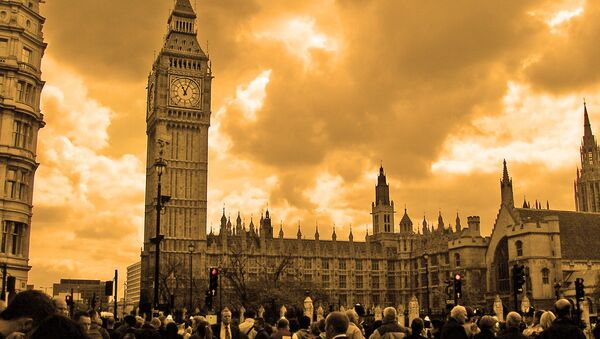MOSCOW (Sputnik) — According to the BBC broadcaster, the study, which was published in the Global Challenges journal, exposed 2,000 participants to two claims on climate change wherein misinformation was presented in some form.
“Misinformation can be sticky, spreading and replicating like a virus. The idea is to provide a cognitive repertoire that helps build up resistance to misinformation, so the next time people come across it they are less susceptible,” University of Cambridge study’s lead author Dr. Sander van der Linden said, as quoted by BBC.
In the United States, the term "fake news" surfaced shortly after November 8, after it was widely reported that false and misleading stories posted to Facebook may have influenced the outcome of the presidential election.
The term gained momentum on January 10, after CNN and the BuzzFeed News website reported unsubstantiated memos, which allege that Trump has been groomed and supported by Russian intelligence for at least five years. During his press conference the next day, US President Donald Trump openly accused both media outlets of deliberately reporting unsupported "fake news" on both his Twitter account.



